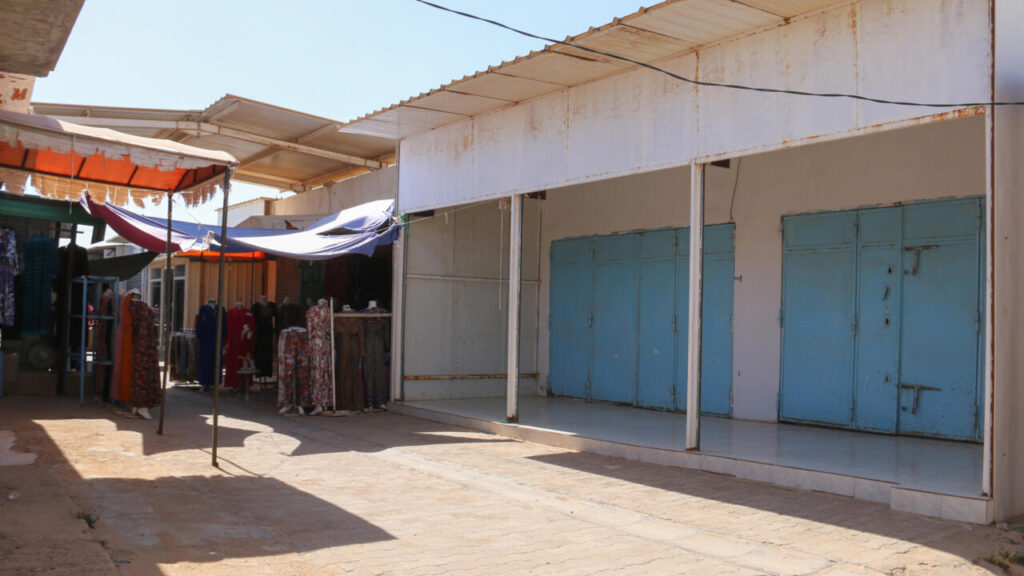
Months after the closure of Ras Jedir, Tunisia’s main border crossing with Libya, the desert town of Ben Guerdane is facing an economic crisis.
The once-thriving hub of informal trade now sees shuttered shops and soaring unemployment, leaving merchants struggling to survive.
The closure, which began in March 2024 following clashes between armed groups and Libyan security forces, has choked off the lifeblood of the region.
Ras Jedir served as a major channel for informal trade, particularly for goods like car parts, appliances, and clothing.
However, the most significant impact lies in the smuggling of heavily subsidized Libyan petrol, which was sold at half the price in Tunisia.
Abdallah Chniter, a local merchant, paints a grim picture: “All shops are closed,” he says, his own business among the casualties.
Mounir Gzam, head of a Tunisian-Libyan business association, estimates the closure has impacted around 50,000 merchants and their families, leaving them unemployed.
This economic downturn comes on top of existing challenges. Southern Tunisia already grapples with unemployment rates exceeding 20%, significantly higher than the national average.
The closure further disrupts summer tourism, with Ben Guerdane typically benefiting from Libyan visitors seeking getaways on Djerba island.
Libyan authorities have repeatedly announced plans to reopen Ras Jedir, only to delay them, fueling frustration among Ben Guerdane residents.
In 2023 alone, over 3.4 million travelers crossed the border, highlighting its importance to both nations.
The future remains uncertain for Ben Guerdane.
With the border crossing closed indefinitely, the town’s economic recovery hinges on a swift resolution and the resumption of cross-border trade.




